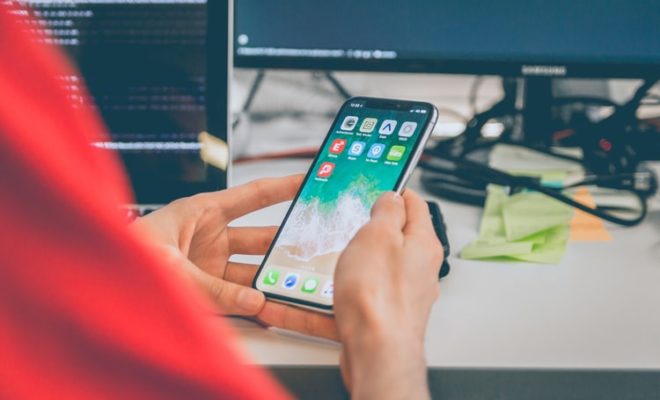5G: 5 Important Things You Need To Know

The latest generation of wireless technology is almost here! With a number of 5G devices being released in the market and leading carriers announcing the launch of their 5G networks across major cities, it’s just a matter of time before 5G becomes a nationwide reality. With that in mind, we’ve listed 5 important things you need to know about 5G.
What Is 5G?
5G is essentially the next generation of wireless networking standards. The first generation of these standards was 1G, which was also the slowest. 5G, which is the fastest so far, is expected to have lower latency, offer high-speed data transmission, and support multiple devices that are simultaneously connected.
What Can You Use 5G For?
The most direct way that 5G will affect most of us is in the way we download data and content. Once 5G is launched, what takes us hours to download now will likely only take a few seconds. Apart from this, as 5G networks are utilized more widely, the possibilities will significantly increase.
How Does 5G Work?
5G networks essentially work by broadcasting data. However, the manner in which this is done will be different from how previous generations of networks have done it. The higher frequencies that will be used by 5G networks will help them transmit data faster than ever before.
When Is 5G Expected To Be Launched?
When 5G will be launched will vary widely based on which service provider you’ve opted for and where you reside in the country. Given that minimal coverage is already available across most major cities in the U.S., 5G will likely see a full-scale deployment across the country in the near future. If you want to access 5G services, it is likely you’ll need to upgrade your smartphone.
Who Is Making 5G?
Almost all major carriers are in the running to deploy their own 5G networks. These carriers include Verizon, AT&T, Sprint, and T-Mobile. Smartphone manufacturers have also begun to launch devices that are 5G compatible.
In the next few years, it’s likely that we will see worldwide adoption of 5G networks, thus making it accessible to a majority of the population in some form or another.






